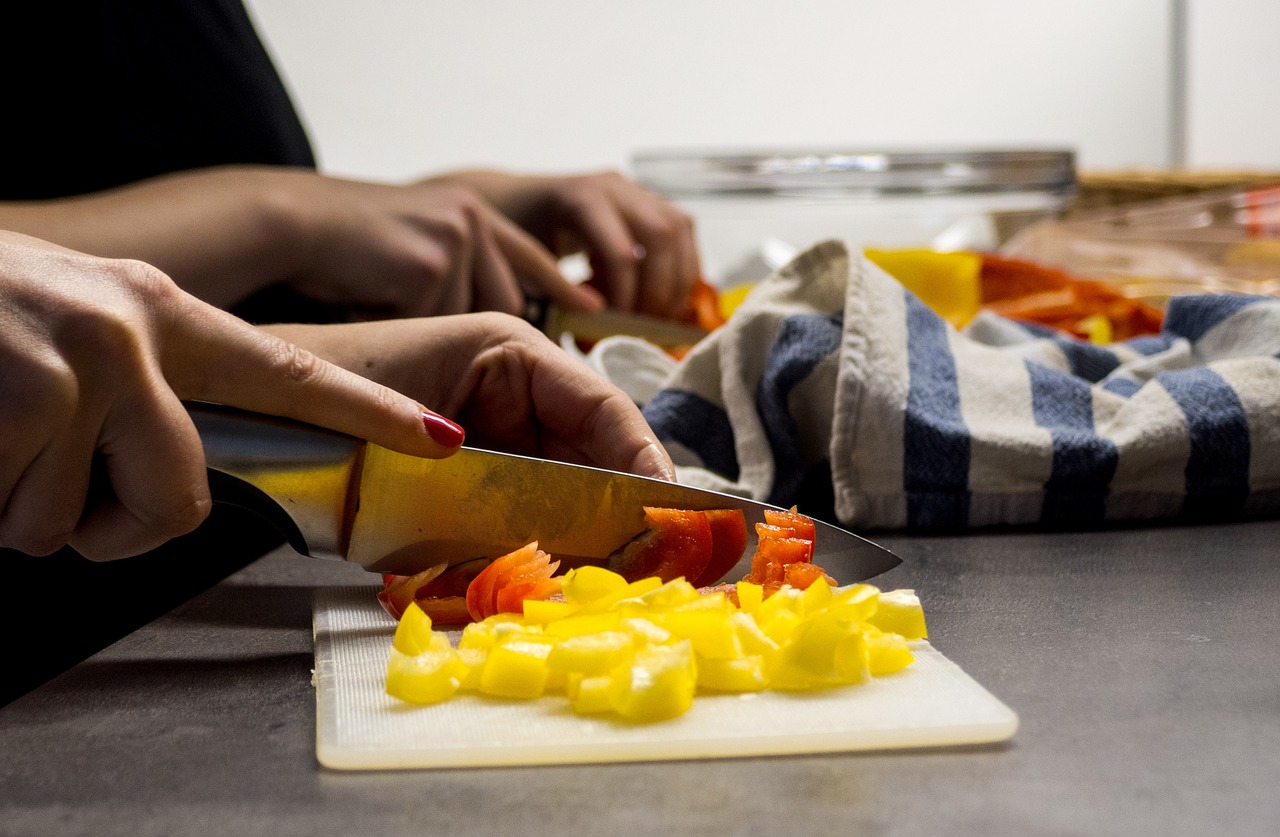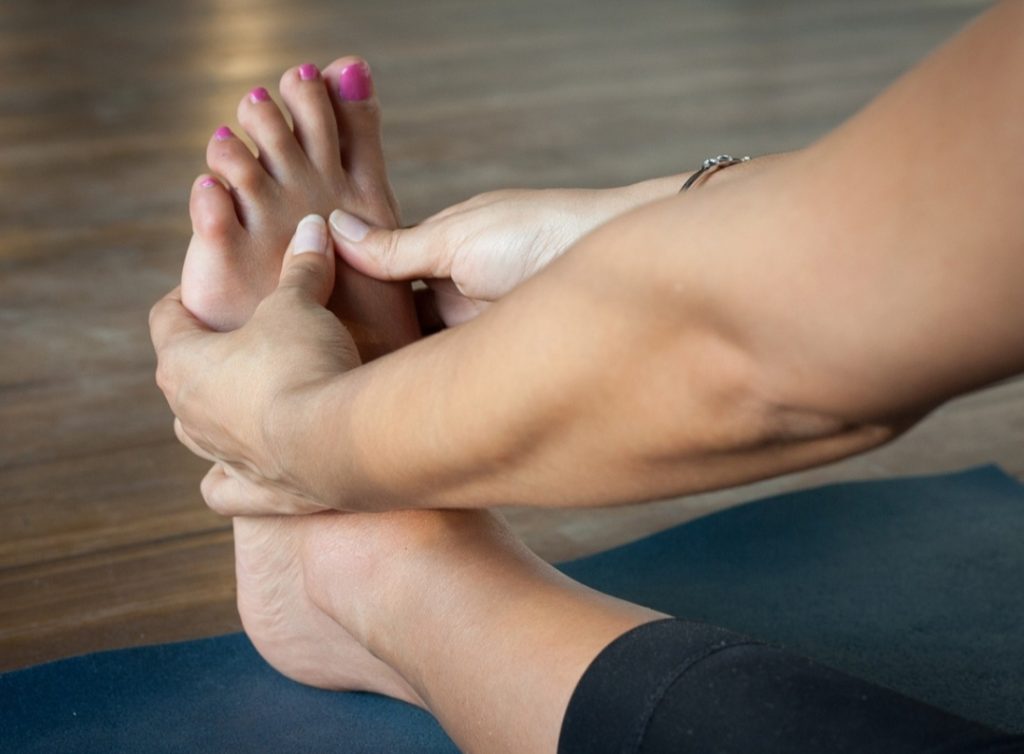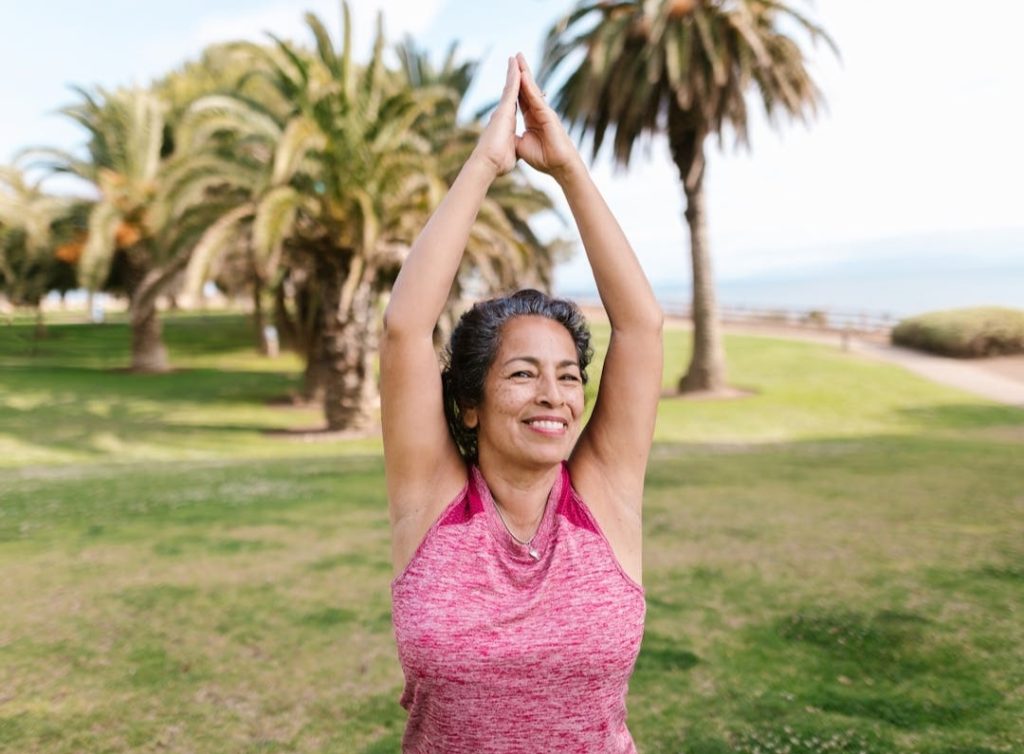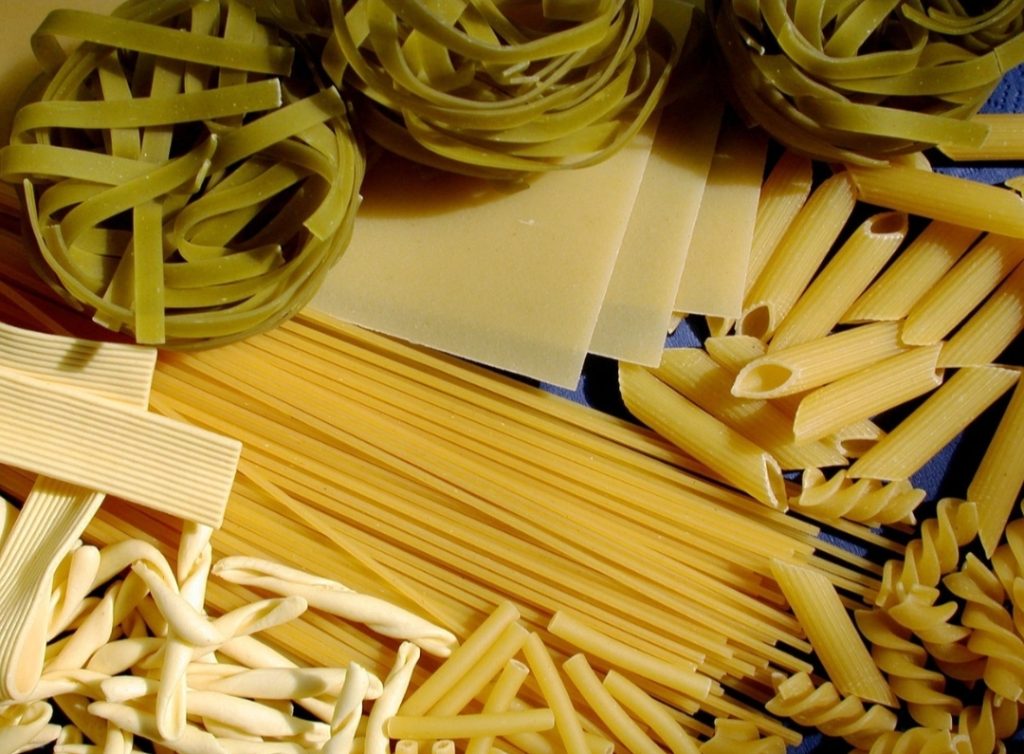Cooking is a universal activity enjoyed by many across the world. Even if your passions lie outside the kitchen, we have all experienced the comforting taste of a homemade meal. In this blog, I will discuss the different ways cooking can be used to relieve stress and promote a healthier mind and body.
Despite the meanings attached to food on individual and cultural levels, in a fast-moving society many have lost this connection to cooking. Rather than seeing food as a source of creativity and bonding, we tend to view it as a necessary part of everyday life, where we simply need to eat to satisfy our hunger. When food begins to be viewed as a quick source of fuel, cooking starts to become a chore, making it an unpleasant experience which might even be avoided by choosing to eat out.
According to Psychology Today, culinary therapy has been used by therapists to treat mental health conditions, such as anxiety and depression. Thus, the significance of cooking has been evident in its use by professionals, and this blog will uncover three key reasons you should incorporate cooking in your lifestyle, while simultaneously making it an enjoyable experience.
Mindfulness
Marriage and family therapist Lisa Bahar promotes the practice of mindfulness during cooking to her clients. Mindfulness has been associated with anxiety reduction, as it is often a part of meditation and other forms of spirituality. Including this method in the kitchen is not simply concentrating on the act of cooking, but rather letting yourself be in the moment. Listen to the sound of sizzling onions as they start to brown in the olive oil, smell the aroma released by the baked casserole and feel the freshly washed diced vegetables against your skin as you pick them up to place in the hot wok. Mindfulness is about leaving your thoughts and worries behind and letting yourself merge into the cooking experience. This practice requires concentration, which is a great distraction from the anxieties of everyday life. Cooking can then start to become a safe space, a place that you enter to leave all your worries behind and be able to breathe.
Cooking may also be used as an expression of creativity through the practice of mindfulness. Revolving your thoughts and feelings around it can be an artistic and even freeing experience. This is a space where you are in control; you make your own terms. You can create whatever you want, however you want it. Whether this involves following a recipe or inventing as you go, this is your choice and your time to shine. The result can leave you feeling proud and accomplished. After all, there is nothing better than the taste of your own reward and success.
Hence, mindfulness is a significant practice that can transform your entire experience once incorporated into cooking. Food will become a form of art, allowing for creative expression and feelings of reward and gratification, but also a therapeutic experience where you can let go and feel in control.
Community
Cooking is an important experience on more than just the individual level; it is a cultural practice of bonding and socialization. This can be seen in the association of food and culture; the way particular seasoning combinations and spices allow us to ‘taste’ a culture. Eating cultural dishes allows foreigners to experience an aspect of the nation. Anthropological evidence has shown that cooking has contributed to social relationships through bonding and created a sense of community in groups of humans. Thus, food brings people together, whether that is through celebrations where families and loved ones gather around the table or two partners spending quality time together away from the distractions of busy life. In a study carried out in New Zealand with 8,500 participants, a positive relationship was discovered between cooking and improved family relations. This shows that food is a central aspect of human relationships and creates a space where discussions and connections can be made.
Coming from a Mediterranean culture, I grew up viewing food as almost an invitation to the family and relatives to gather and bond through laughter, the sharing of news, and discussions. This bonding does not happen simply around the dinner table, but also in the kitchen. The women in the family would always gather in the kitchen, help each other out with the food preparation and cleaning, and spend the time connecting through words and actions. Thus, I have experienced the beauty of cooking first-hand. Ellen Kanner suggests that cooking with your partner can encourage communication, as it involves cooperation and requires the couple to put aside their differences. Therefore, incorporating cooking into your lifestyle is not just a way to connect with your loved ones, but also a great way to spend quality time with your partner, creating an opportunity to resolve conflict and make happy memories together.
Her Nexx Chapter invites you to join our free Community where women are connecting with each other’s stories, exploring different experiences, and transforming ideas.
Physical Health
The previous points have largely focused on the social and psychological aspects of cooking. However, it is important to make a link between physical and mental health. It has been found that having a healthier diet has a positive impact on the psychology of an individual, particularly their mood. For example, foods such as blueberries, strawberries and pecans are high in antioxidants, which have been shown to relieve stress. This relationship between proper nutrition and mental health highlights the importance of cooking. While we may prefer healthier takeaway options, truly knowing the nutritional value and quality of the ingredients we use is only possible by preparing the meals ourselves. Therefore, ensuring a better diet will aid in alleviating anxiety.
Cooking has been shown to be beneficial on the psychological, physiological, and cultural levels. Not only does it help to build better relationships with loved ones, but it can also create a safe space free of the anxieties and problems of daily life. The contribution of healthy foods also has positive physiological effects, which in turn reduce stress and anxiety.
So, what are you waiting for? Choose your ingredients, play some soothing jazz, maybe even invite your loved ones into the kitchen and get to creating a plethora of enticing aromas!
The Future of Connection for Women
- Promoting Healthier Eating and Sustainable Foods This National Nutrition Month - March 30, 2023
- Holiday Gift Ideas for That Special Someone in Your Life - December 20, 2022
- Know Your EQ? A Guide to Understanding Emotional Intelligence - December 6, 2022
Follow us:







